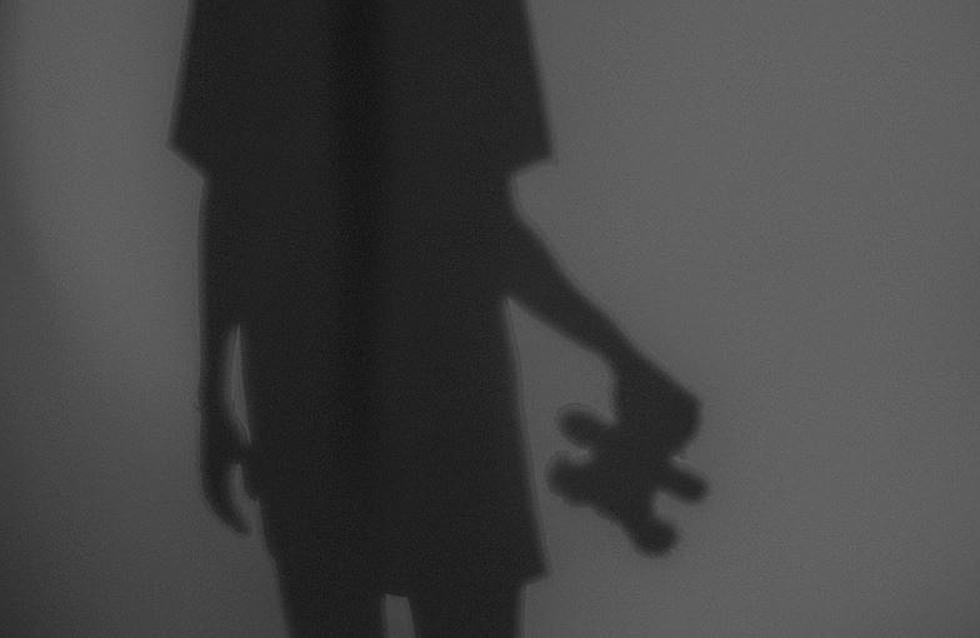
Casper Man Charged with Molesting Three Girls
A Casper man is facing several child sex crimes. He is presumed innocent until proven guilty.
Wayne Allen Reno, 39, is charged with three counts of sexual abuse of a minor in the second degree, four counts of sexual abuse of a minor in the fourth degree, and sexual battery.
He is scheduled for a District Court arraignment on Wednesday, Nov. 29 at 8:30 a.m.
Bond is currently set at $150,000.
Reno is being represented by Public Defender Timothy Cotton. Assistant District attorney Blaine Nelson is prosecuting the case on behalf of the State of Wyoming.
The affidavit supporting the charges states that on August 22, 2022, law enforcement were told that two young girls had been molested while staying at a friend's house.
The alleged victims were taken to the Children's Advocacy Project to be interviewed. A young witness was also interviewed at CAP.
On June 8, 2023, another victim was reportedly molested by Reno. She told law enforcement that in Nov. 2022 she was woken up to Reno inapropriately touching her body.
If convicted on all counts, he could be sent to prison for 91 years.
In 2016 Reno was charged with sexual assault of a minor in the second degree, but the charge was ultimately dismissed when the District Court deemed the minor witness (the alleged victim in this case) incompetent to testify.
The Wyoming Supreme Court has long recognized the problem courts face when a conviction is based primarily on the testimony of a young child:
"Two alternative hazards are confronted. On the one hand, in accepting the testimony of a child there is the danger that she may not be telling the truth, in which event an innocent man may be convicted of crime and suffer the consequences thereof. On the other, if the child's testimony is not accepted, a man guilty of crime, and possibly with the potential for more such, will go free..."
To help courts navigate these hazards, the Wyoming Supreme Court has a five-part test for determining a witness' competency:
(1) an understanding of the obligation to speak the truth on the witness stand;
(2) the mental capacity at the time of the occurence concerning which she is to testify, to receive an accurate impression of it;
(3) a memory sufficient to retain an independent recollection of the occurence;
(4) the capacity to express in words her memory of the occurence;
(5) the capacity to understand simple questions about it.
In this case, documents state that even though the witness was able to tell the difference between a lie and the truth, when asked direct questions about whether something was a truth or a lie she repeatedly indicated she did not know.
The court was also concerned that she did not have a good enough memory to recollect the incident because she was unable to recall other events around the same time.
During the hearing, the prosecution argued to introduce evidence, but based on the court's ruling of the witness' incompetency, it was deemed "unneccessary" and the charge dismissed.
Children's Advocacy Project Pinwheels for Abused Children
Gallery Credit: Kolby Fedore, Townsquare Media
Children's Advocacy Project in Casper
Gallery Credit: Kolby Fedore, Townsquare Media
More From K2 Radio









